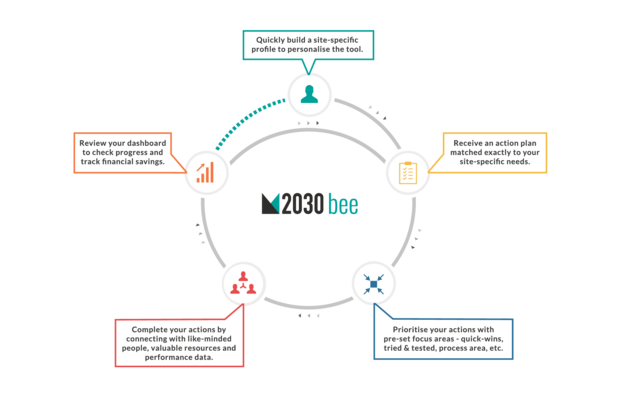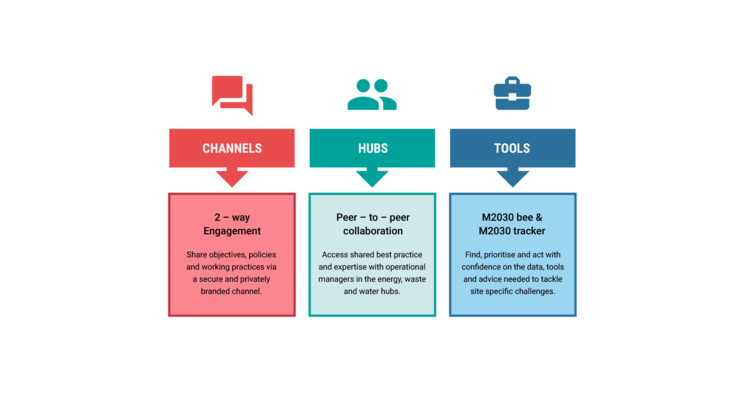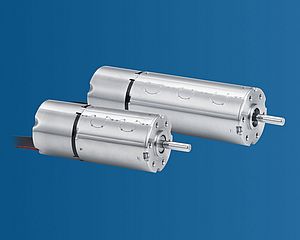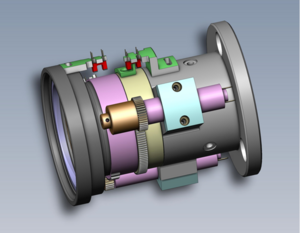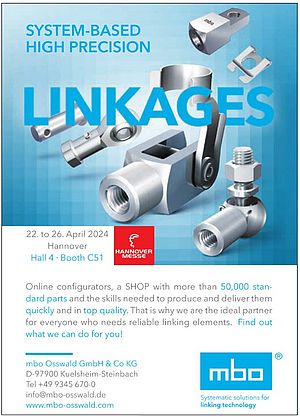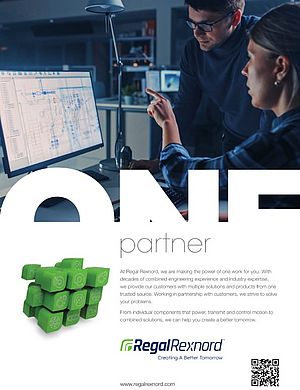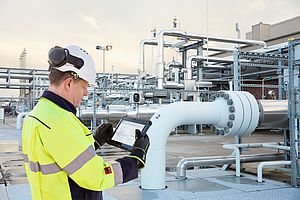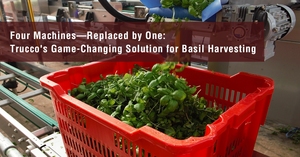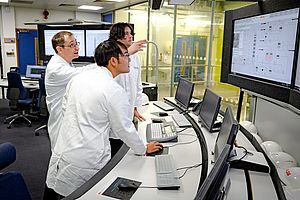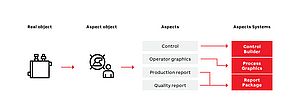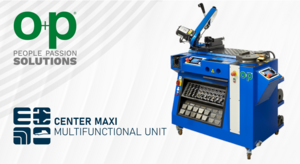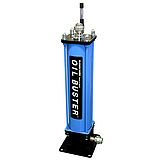The case for Sustainable Manufacturing
More than 35 CEOs and civil society leaders from the Business and Sustainable Development Commission recently published the Better business, better world report1, revealing how sustainable business models have the potential to open up economic opportunities worth US$12 trillion per annum and generate 380 million jobs by 2030. The report showed how putting the 17 Sustainable Development Goals (Global Goals) at the heart of economic strategy could unleash a step change in growth, overcome current economic stagnation and inequality and significantly reduce CO2e emissions and damage to our natural capital resources.
To realise this opportunity, leading corporations, including large manufacturers like Mars, Unilever and Merck, have recognised the need to embrace the Global Goals and embed these into sustainable business models.
These sustainable business models cannot be implemented in isolation. 80% of the costs and impact on natural capital is incurred in any organisations value-chain. Success is determined by organisations ability to “unlock the value chain” and adopt a collaborative approach to making business more sustainable.
Priorities of course vary from value chain to value chain, however looking at 'Energy and Materials' alone, the Report points out that the 17 largest business opportunities have a potential value in 2030 of over US$4.3 trillion in current prices. For non-energy intensive industries (including food and drink, pharmaceuticals and FMCG manufacturers) $315 billion of savings could be realised through energy efficiency; and the application of Circular models to appliances and industrial machinery would add a further US$305-525 billion. The business case for cross value chain collaboration has never been stronger.
The Challenge
It hardly needs to be said, but getting whole value chains to be more sustainable, let alone adopting the Global Goals, is not simple:
- Many of the challenges manufacturing organisations face involve resources held in common with others and are therefore not under any one company's direct control (e.g. aquifers and the atmosphere);
- Many of our suppliers and colleagues, especially in SMEs, may be willing but lack the know-how and capacity to make change happen;
- Changes necessary in one company (technology, processes, raw materials) will often affect processes up and down the value chain and therefore cannot happen without co-ordination; and
- Different legal and cultural systems in different geographies mean the incentives to change are inconsistent and standards vary.
The changes required to realise the opportunities in the Global Goals can only be achieved therefore through collaboration at an unprecedented depth and scale along the value chain. At 2degrees we have long called this the 'Collaborative Imperative'.
Of course, we are not the only players who have been looking at this: Manufacture 2030 Founding Partner, the CDP Supply Chain Initiative, has identified 3 main barriers to successfully engaging suppliers to drive change, they are:
- Making sustainability a priority;
- Having the expertise and capacity to act and
- Getting access to finance.
The Solution
Overcoming these barriers is what Manufacture 2030 is all about, to make sustainable manufacturing happen at scale: cutting costs, risks and environmental impacts.
One platform to enable collaboration in manufacturing across a multitude of global and regional supply chains:
- Supplier Engagement Channels - private spaces on the platform for supply chain owners to work with their suppliers to motivate them to go beyond compliance and achieve lower costs, reduced risk and become more sustainable
- Collaboration Hubs – open spaces focused on waste, water and energy, where operational managers from all companies and supply chains and select 3rd party experts can share best practice and experience to solve problems together.
- Tools:
1) M2030 bee: a peer-enhanced site-specific collaboration tool, with resources to help operational managers responsible for factories to cut costs, risks and impacts.
2) Dashboard, benchmarking and reporting tools to measure site level improvements and recognise and reward suppliers for progress.
'Business as usual' will not achieve the market transformation that is needed in Manufacturing. Nor will disruptive innovation by a few sustainable pioneers be enough; the whole sector has to move. Manufacture 2030 provides the platform to do this together, building momentum, sharing costs and making sustainable manufacturing happen at scale.
By Martin Chilcott, Co-founder and CEO of 2Degrees


